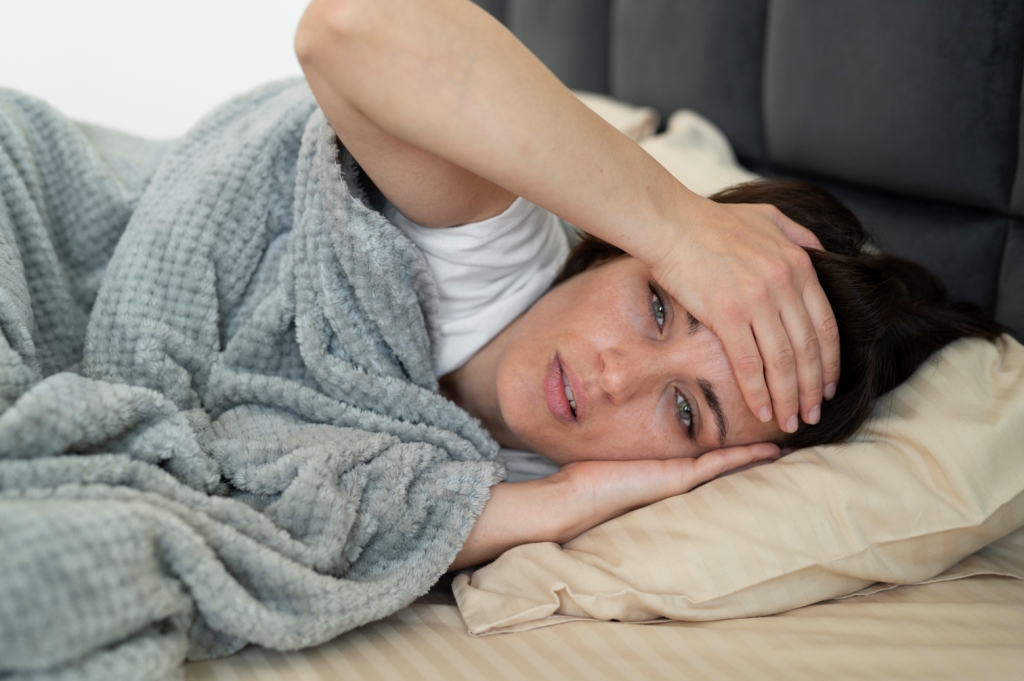Mental health plays an important role in many aspects of women’s lives. They may affect relationships, self-esteem, work performance and even physical health. It’s important to recognize and get help for mental health concerns, such as mood disorders, anxiety, depression, bipolar disorder, and an unhealthy work-life balance.
Mental health includes the emotional, psychological, and social well-being of every individual. Mental disorders may affect women and men differently. Around one in every five women has a common mental health problem such as depression, anxiety and eating disorder. While there can be many reasons why these disorders develop, these risk factors affect many women as women are more likely than men caregivers, which can lead to stress, anxiety and isolation. There are also certain disorders that are unique to women like depression which can be at times due to hormonal change, such as during or after pregnancy (perinatal depression), around the time of their period (premenstrual dysphoric disorder), and during menopause (pre-menopause-related depression).
Social and economic factors too can put women at greater risk of poor mental health than men. Domestic violence, discrimination at the workplace, social isolation for women who are at home and not working, poverty, and powerlessness (resulting, for example, from low levels of education and economic dependence) are all associated with a higher prevalence of psychiatric morbidity in women. Patriarchy and attitude towards women like suppression of women also are some reasons due to why women find it hard to talk about difficult feelings, they tend to internalise them which can lead to depression, eating disorders and self-harm.
We must also acknowledge the impact of the coronavirus pandemic on women’s mental health. All women were at greater risk of developing a mental health problem before the pandemic and were at increased risk as the economic ramifications of the pandemic are realised. It is also the case that women were much more likely to be affected by domestic violence and abuse, the risk of incidence of which increased during the lockdown.
Some common symptoms of poor mental health include persistent sadness or feelings of hopelessness, appetite or weight changes, extremely high and low moods, aches, headaches, or digestive problems without a clear cause, anger or irritability, social withdrawal, sleep issues and many more.
However, women generally find it easier to talk about their feelings and have stronger social networks, both of which can help protect their mental health. On the other hand, some factors protect women’s mental health as they tend to have better social networks than men, find it easier to confide in their friends and are more likely to have been treated for a mental health problem.
My advice to the women folk is to make simple changes such as talking about their feelings, being active and eating well, and talking to a mental health professional. It can be daunting, but most people find that speaking to their counsellors and getting help and support can make a big difference in their lives.
Mental health professionals can discuss various ways women can maintain mental health and cope with stress, including exercise, healthy sleep habits, mindful eating and medication. However, the resilience of individuals and the ability of governments and community organizations to develop policies and programs to address both the needs of mental health and the social origins of psychological and psychosocial distress offer not only hope but examples as well.

Shared by : Prof (Dr) Anviti Gupta





